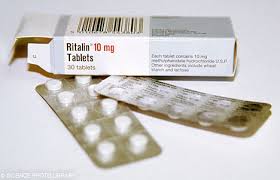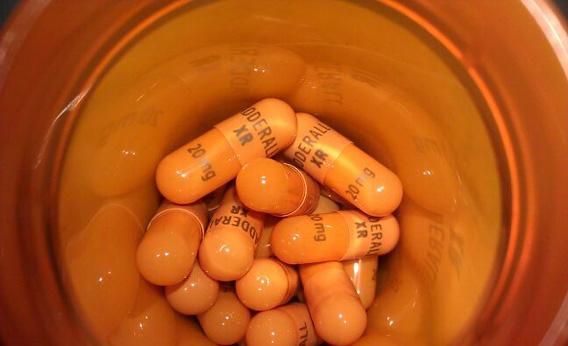Tips for Finding Meth Addiction Treatment
Meth has a long history of use and abuse for its stimulant effects to produce euphoria, wakefulness, alertness, and performance enhancements, while decreasing appetite for weight loss. The side effects and dangers of meth, including addictions, continue to surge with more people seeking treatment, today, more than ever before.
What is Meth?
Meth is a central nervous system stimulant that is similar to cocaine, but, according to the SAMHSA’s Center for Substance Abuse Treatment,” The major differences between cocaine and MA pertain to the rapidity of responses and the duration of their effects.” Cocaine has a much shorter half-life than meth which is also terminated more quickly. Meth abusers will often repeat dosages long before the duration of meth’s actions have decreased and the concentrations that reach the brain and receptor sites will continue to increase.
Meth is a neurotoxin that damages brain cells and other nerve cells deteriorating the body and causing long term psychological consequences, including addiction.
Finding the Right Treatment Setting

The main types of facilities for meth rehab are inpatient and outpatient facilities.
Meth addictions can be effectively treated in an inpatient or outpatient programs depending on the person’s level of addiction, patterns of use, whether they have prior relapses after attempting to quit, any co-existing poly-substance abuse, or complicated physical or mental health conditions.
Meth addiction treatment facilities come in various settings with different treatment approaches. Some are clinical, spiritual, traditional, or holistic, but, they are places where individuals can go to both detox and learn to live without meth.
Determining which setting would be most suitable involves the considerations of costs, locations, durations, and whether or not the person has a drug free environment with positive social support available to them while in treatment.
Inpatient Meth Addiction Treatment
While both inpatient and outpatient meth addiction programs offer similar modalities of treatment, inpatient treatment programs are generally more structured and specialized. They can be very helpful for those who are chronic meth users requiring intensified support and guidance or have physical or mental health conditions that would require immediate access to medical and psychiatric care.
They allow for quick transitions from detox to formal recovery, everything is in one place, and the person can be treated in continuum for their various needs without having to wait for scheduled appointments from outside service providers.
Under 24 hour supervision in an enforced abstinence program, the patient will be free from outside influences and “triggers” that could derail their recovery process for an extended period of time averaging 30 days or more.
Outpatient Meth Addiction Treatment
Outpatient programs are much more variable. They have a wide range of access to professional staff and resources, but, they allow for more flexibility in program participation requirements. Meetings and sessions are often scheduled outside of normal working hours, providing the convenience of being able to attend to obligations at work, home, or school while participating in the programs.
The drawback to outpatient meth addiction treatment is that the patient may be more vulnerable to environmental, peer, and other influential factors that cannot be controlled outside of the facility. Before choosing an outpatient treatment program, one must first think about whether they have a safe, drug free, environment to live in with a positive support network to return home to everyday.
Finding Affordable Treatment
The costs of treatment vary by facility although most inpatient treatments are more expensive than outpatient treatments because of the additional expenses they incur to maintain the facility, staff, resources, and extended stays of the patient. Many programs, however, offer payment plans or offset costs through special grants and funding and some are even free.
If a person has health care coverage through their employer or Medicaid, the costs for substance abuse treatment has been included under the Essential Health Benefit categories by the Affordable Care Act, effective in January of 2014. Meth addiction treatments are comparable to other medical and mental health benefits and the costs are to be likewise, covered.
Treatment Approaches
Cravings for meth’s effects tend to linger, long after abstinence has been achieved, and relapse potentials are high.According to the National Institute on Drug Abuse, “there are currently no medications that counteract the specific effects of methamphetamine or that prolong abstinence from and reduce the abuse of methamphetamine by an individual addicted to the drug.”
Some programs use specific methods of recovery, such as cognitive-behavioral therapies, contingency management therapies, or 12-step programs, but, no single approach is better than the others. They vary in effectiveness by the individual.
Finding Treatment Close to Your Home
Traveling to meetings, group sessions, appointments, and the concessions made by others on your behalf can be burdensome if the meth addiction treatment program is too far away. An abundance of outpatient programs are appearing in the even the most rural areas to combat the rise in local meth abuse. This could make finding a treatment center close to your home much easier.
One of the main problems with meth addiction is the depression, melancholy, and fatigue that can last for months after usage has stopped. These symptoms, combined with stressful issues of travel times and costs, can be a major contributor to early treatment terminations or relapse.
If local treatment is not available, an inpatient program elsewhere could prove beneficial. There would be no worries regarding travel for you, but, it could affect others involved with you or in your recovery such as family visitations or counseling.



